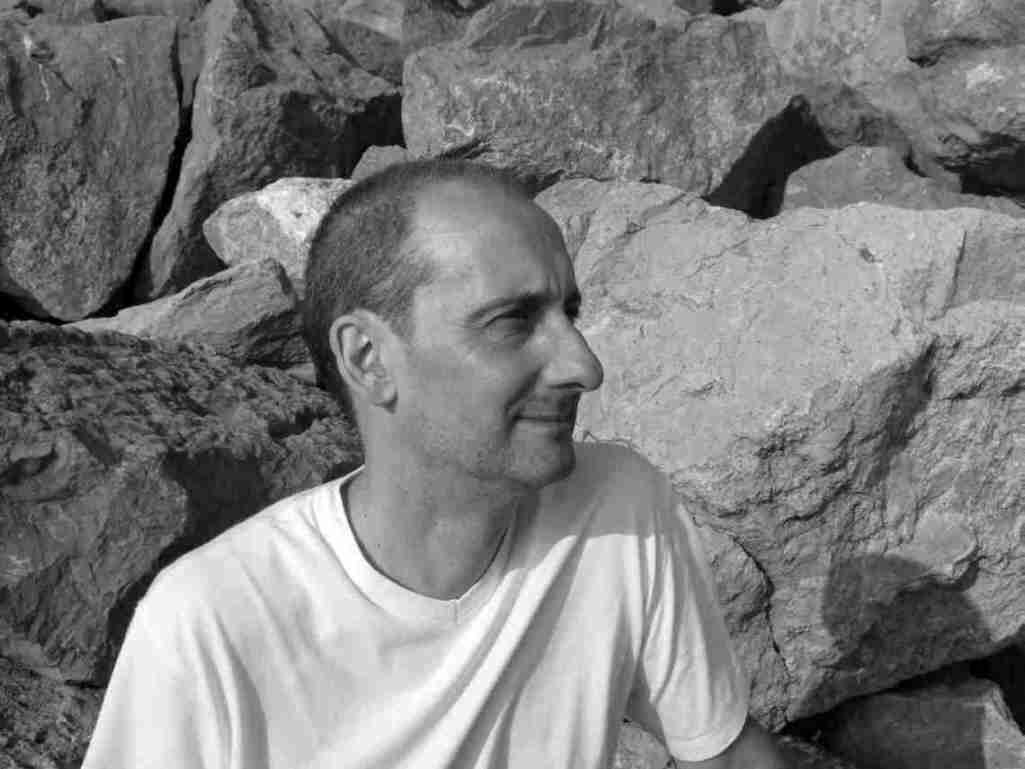
Here is the third film in my series of posts on films possibly viewed by Lowry at the Cambridge Film Guild.You can view the film above.
Full movie here
The Man With Movie Camera attempts to cinematically reproduce visual appearances without the help of subheadings (a film without subheadings), a script (a film without a script), or any theatrical means (a film without actors and stage design). This new, experimental work focuses on the creation of an authentic, international language of film, on an absolute cinematography, and on decisively separating film from theatre and literature.

Dziga Vertov (Russian: Дзига Вертов, Ukrainian: Дзиґа Вертов) January 15 (New Style), 1896–February 12, 1954) was a Soviet pioneer documentary film and newsreel director. Born David Abelevich Kaufman (Russian: Давид Абелевич Кауфман) into a family of Jewish intellectuals in Białystok, Congress Poland, then a part of the Russian Empire. His father was a librarian. He Russified his Jewish patronymic to Arkadievich at some point after 1918. Kaufman studied music at Białystok Conservatory until his family fled from the invading German army to Moscow in 1915. The Kaufmans soon settled in Petrograd, where Denis Kaufman began writing poetry, science fiction and satire. In 1916-1917 Kaufman was studying medicine at the Psychoneurological Institute in Saint Petersburg and experimenting with "sound collages" in his free time. Kaufman adopted the name "Dziga Vertov", which means "spinning top"[1] in Ukrainian; Vertov's political writings and his work on the Kino-Pravda newsreel series show a revolutionary romanticism. Read more at Wikipedia. Or read an excellent short biography by John MacKay.

You can buy the BFI Edition of the movie at Amazon.







No comments:
Post a Comment